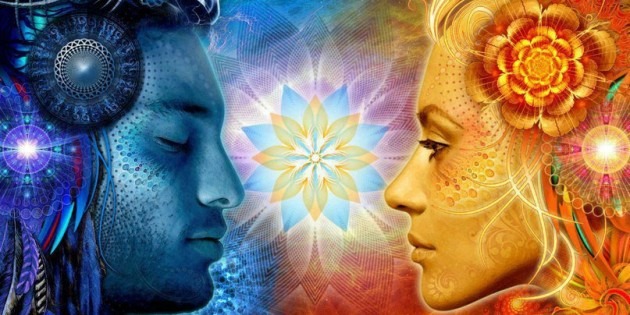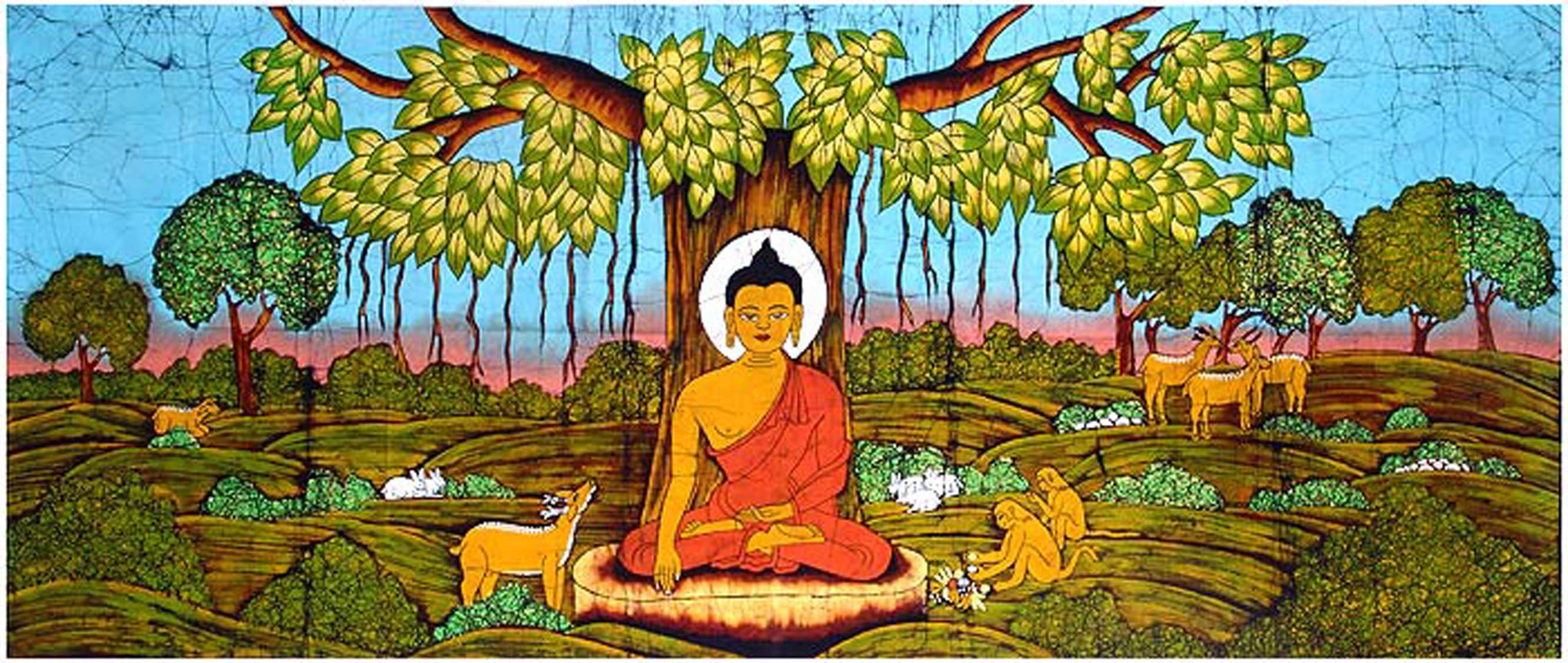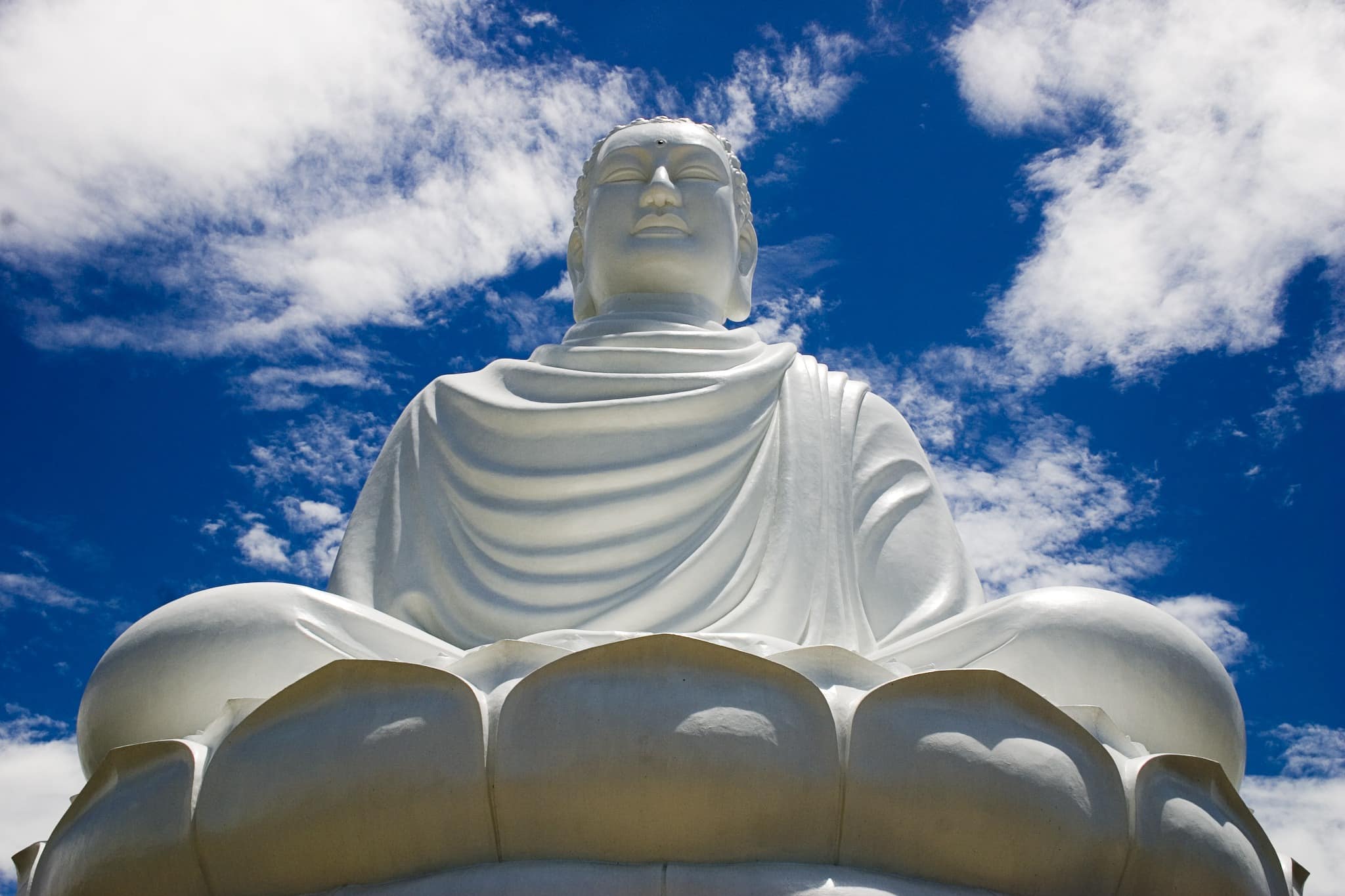My First Mysore Style Practice and a New Friend
I have to admit that I am always a bit surprised when I meet people in other countries that I connect with. It always seems like such destiny, like I had already known them for a long time. Two days ago when I first arrived, I kind of blew off a rickshaw driver He was … Read more








